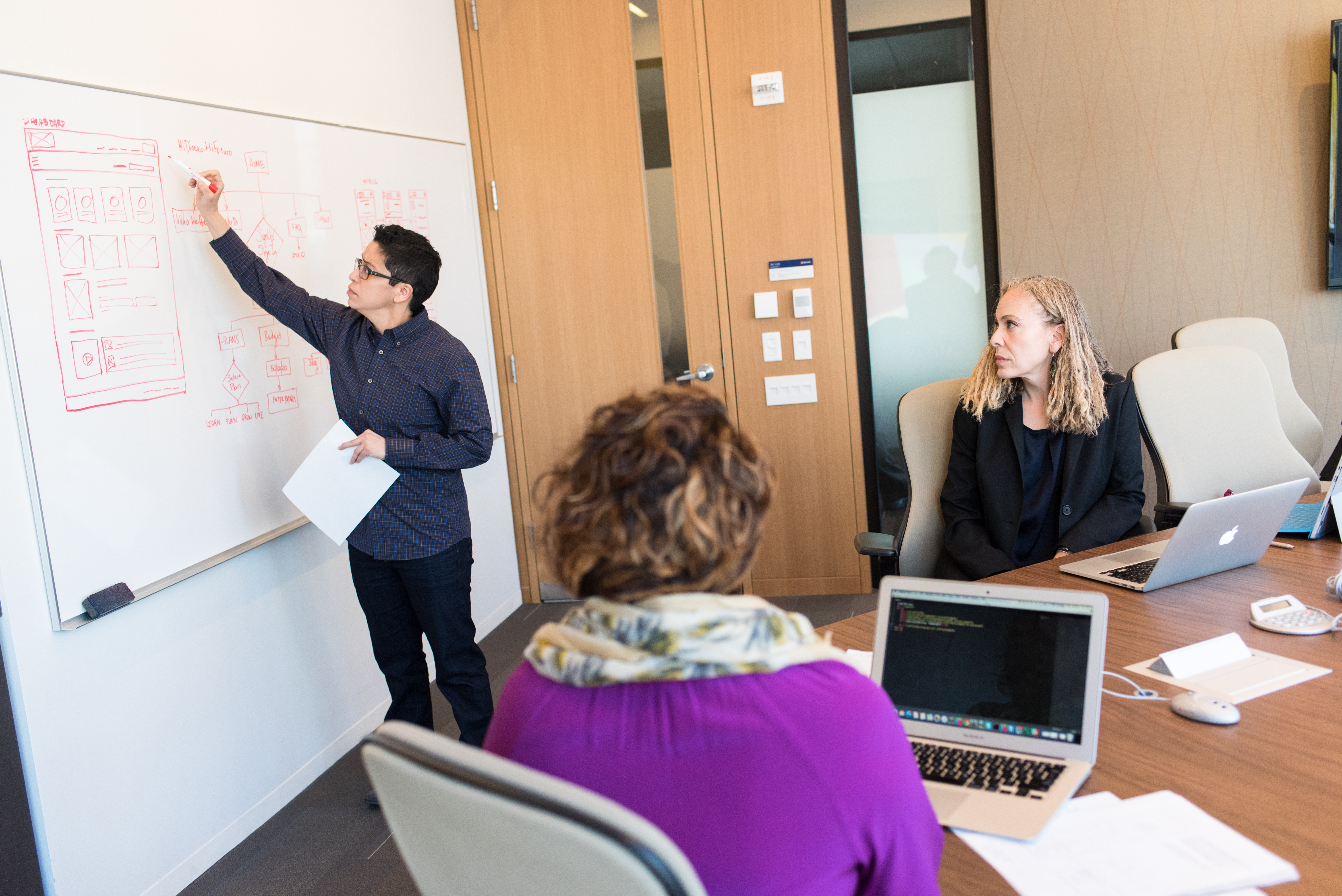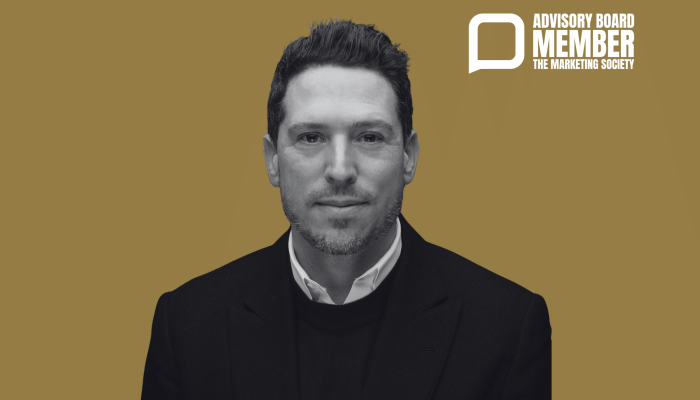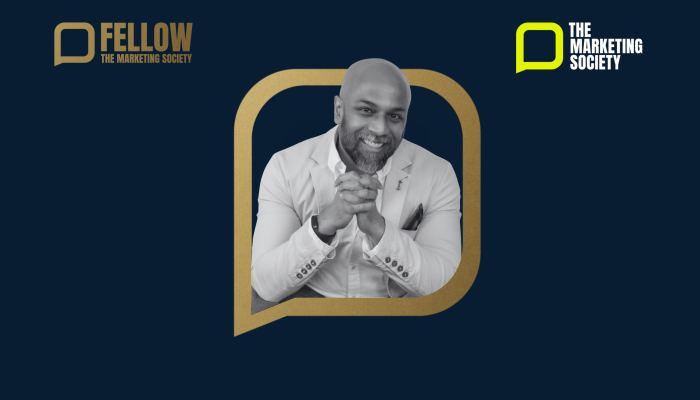It’s the #MeToo and #TimesUp era and it feels empowering and like “it’s about damn time.” It also feels relentless; the headlines are salacious and grotesque, and seeming to come at us ever faster. Like a snowball rolling downhill.
And now almost four months since the first article about Harvey Weinstein, many are worrying that this snowball will destroy everything in its path without nuance or discrimination. You see it, for example, in the handwringing about Aziz Ansari - SNL weighed in with a sketch about an extremely awkward dinner conversation, The New York Times has published articles pro and against his actions, and Samantha Bee weighed in with a funny and opinionated rant, to name just a few of the reactions. I think all of this is ultimately good (though Ansari may not agree). The conversation should be nuanced and actions should not be evaluated in a binary fashion.
But I’m worried about something else that is not being discussed nearly as much. I’m worried that the snowball will steer off-course, stop with a thud and just sit there until it melts and disappears.
The focus first on accusations and now on calibration, threatens to leave something critical un-discussed. If this is going to be more than a hash tag and a dress code at awards shows; if it’s going to result in lasting change that will protect all women, rather than just something that damaged the careers of a few men, we’re going to have to dig deeper. We’re going to have to confront the causal misogyny that permeates so many of our work places.

Casual misogyny that is hardly, if ever, noticed because it is so ingrained that is practiced by both men and women. It does not rise to the level of harassment but creates the environment that allows harassment to exist.
And once you start paying attention, you see it everywhere.
It’s on display when two people with similar experience are hired for similar roles at the same time and compensation comes back with a lower salary for the woman, with no rationale for why that is the case.
It’s on display when two colleagues with the same title and similar responsibilities and tenure are assigned offices, and the man gets the bigger one. And when a new department head is hired and she is given an office smaller than the one used by a male direct report.
It’s on display when a male boss calls a direct report the “country club girl” – a comment on the products she works on, sure. A comment also on where she stands in the pecking order: none of the men are ever called “boys” nor are their assignments classified so dismissively.
It’s on display when the female head of the business unit gives all the credit for a new pricing initiative to the man on the team, even though it was clearly a team effort. The other team members are all women.
The examples above, all real, show a continuum of misogyny that starts when a woman first gets hired and continues throughout her career, in how she is positioned in a company to how success is attributed.
![]()
So, what to do?
It is very difficult to change habits and entrenched modes of thinking, and I am not proposing that we go on constant alert (this never works anyway, as people revert back to their natural behavior and tendencies pretty quickly).
But I think that there’s a simple way to start making a dent.
When making an important decision or determining how to attribute success imagine that all the people involved are the same gender.
Would you still make the same decision? Or would you dig deeper to ensure that you had more facts?
I think that the answer to these two simple questions can bring to light and help change some of the underlying behaviors that made the #MeToo movement necessary. If nothing else, it will make us all a bit more thoughtful.
By Adriana Rizzo, VP, Marketing and Publicity, Houghton Mifflin Harcourt
Adriana spoke at our Gender Bias event in New York.



